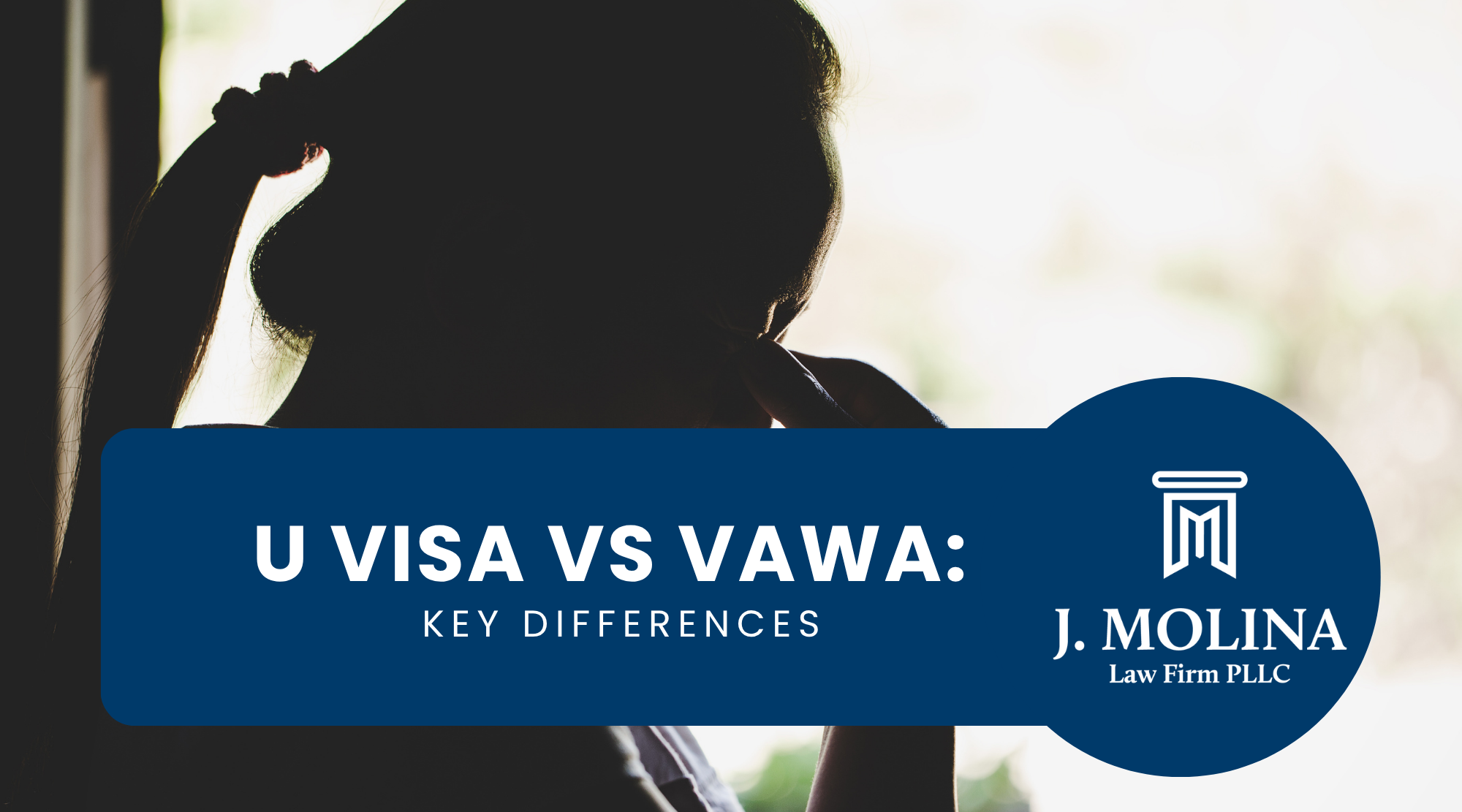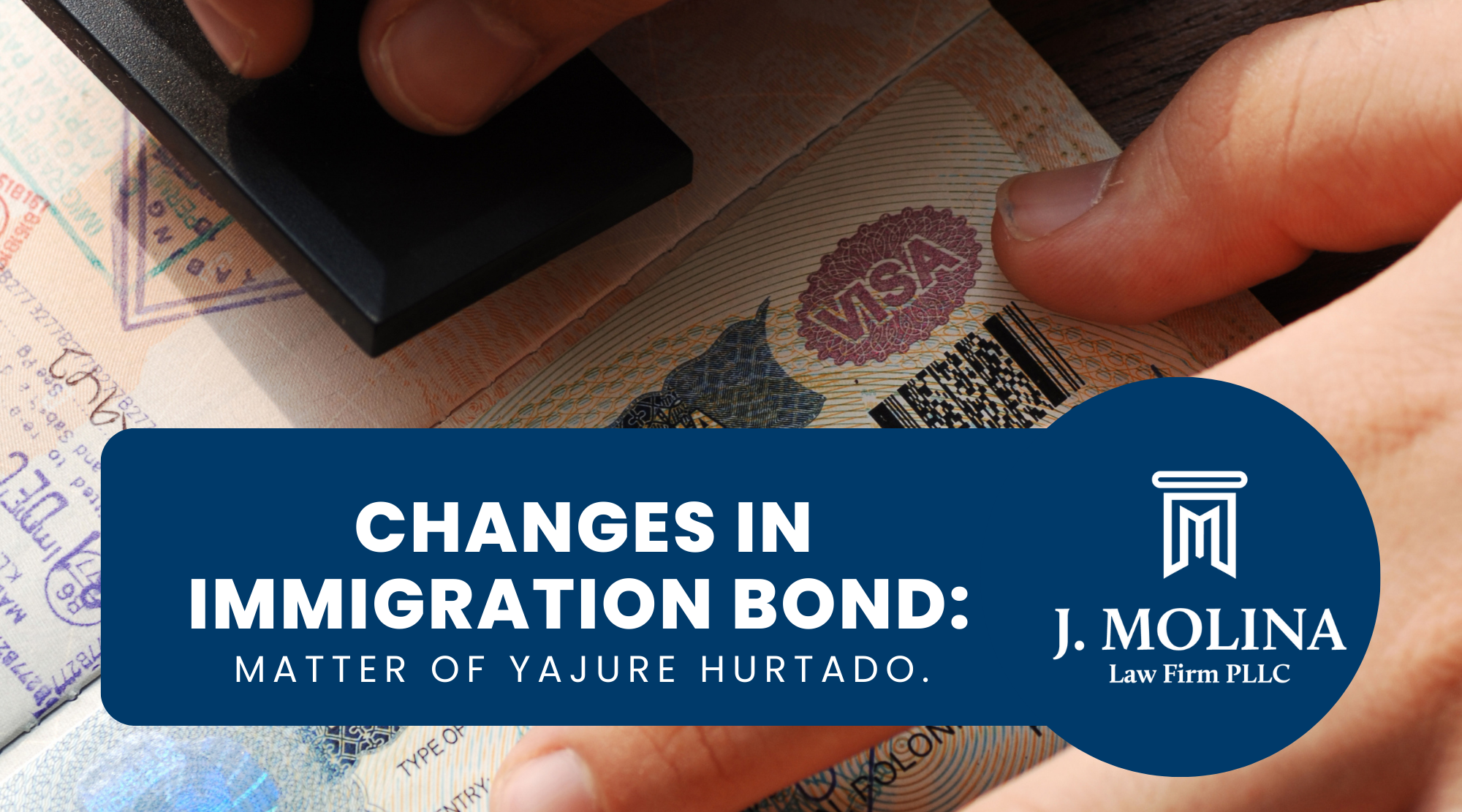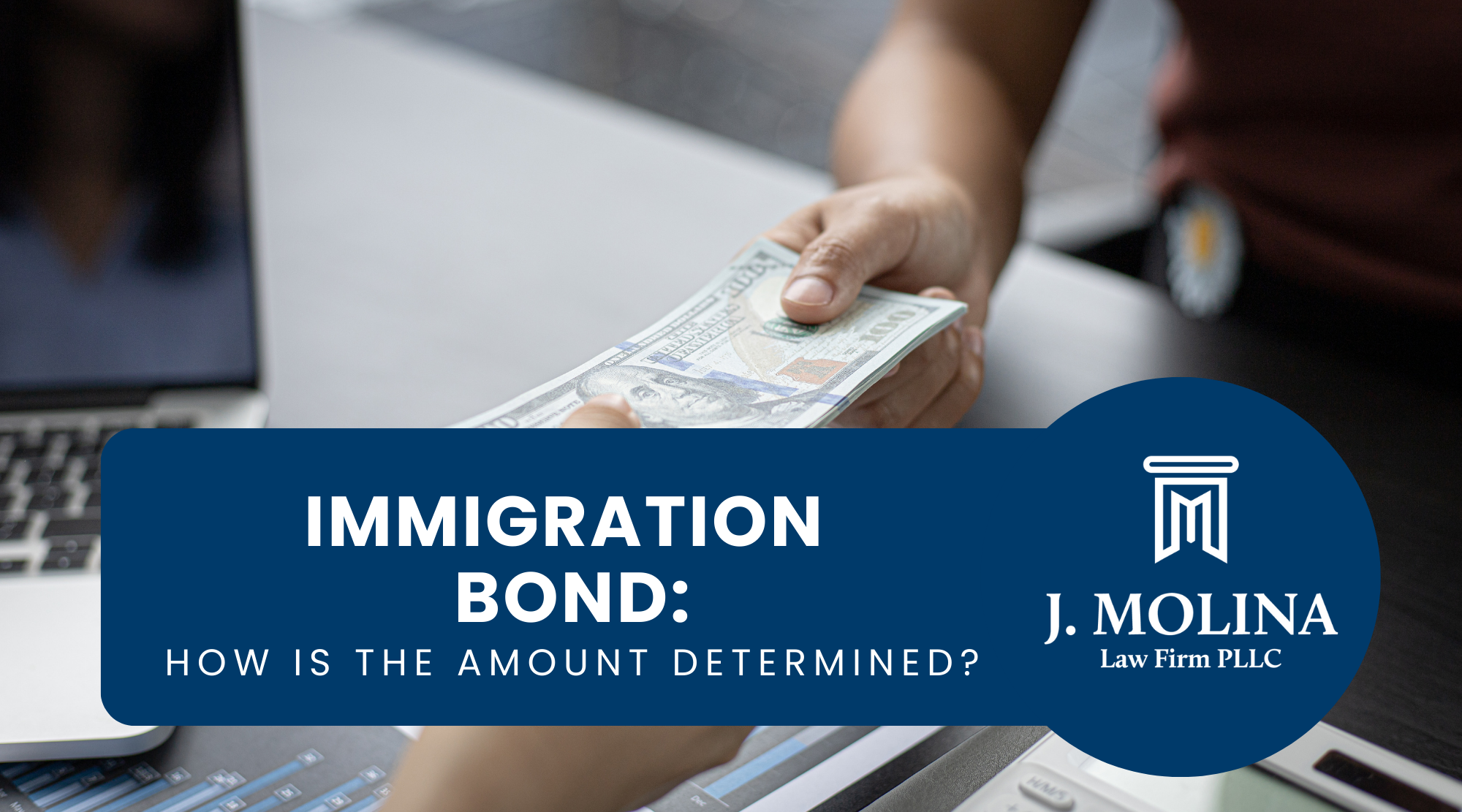If you are an immigrant in the United States and have suffered abuse or been a victim of a crime, you may qualify for special immigration relief. Two common forms of relief are the U Visa and VAWA (Violence Against Women Act). While both protect victims, they serve different situations. In this blog, we’ll explain the main differences in eligibility, benefits, and how to apply—so you can make the best decision for your case.
Who Can Apply?
U Visa is for victims of certain crimes, such as domestic violence, sexual assault, or human trafficking. You do not need a family relationship with the abuser, and the abuser’s immigration status does not matter. However, you must cooperate with law enforcement in investigating or prosecuting the crime.
VAWA, on the other hand, is only for victims who have a close family relationship with the abuser—specifically a spouse, parent, or child who is a U.S. citizen or lawful permanent resident. No cooperation with police is required.
Cooperation with Authorities
A big difference between the U Visa vs. VAWA is law enforcement involvement. For the U Visa, you need a signed certification (Form I-918 Supplement B) from a law enforcement agency confirming your helpfulness. Without this certification, your application will be denied.
For VAWA, you can apply on your own by submitting Form I-360, and you don’t need to involve the police or get any certifications. This can be helpful for survivors who are afraid to come forward.
Immigration Benefits and Processing Time
VAWA has no annual cap, so processing can be faster. If your petition is approved, you can apply for a Green Card immediately.
U Visas are limited to 10,000 approvals per year, which creates long waiting periods. You can only apply for permanent residence after 3 years with a U Visa.
Both options allow you to include certain family members in your application, but the rules vary. U Visa can sometimes protect more types of relatives compared to VAWA.
Moral Character and Documentation
VAWA requires proof of “good moral character,” and you must show evidence of the abuse and a valid family relationship, such as a marriage certificate.
U Visa doesn’t require a formal showing of good moral character, but you must not be inadmissible to the U.S., or you’ll need a waiver.
Need Legal Help? Contact J. Molina Law Firm
Choosing between the U Visa vs. VAWA depends on your unique situation. At J. Molina Law Firm, we understand the fear and confusion that immigrant survivors often face. Our team is here to evaluate your case, guide you through the process, and fight for your right to stay safe and secure in the U.S.
Contact us today for a confidential consultation.



